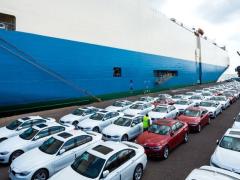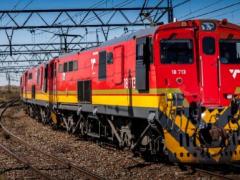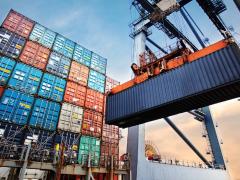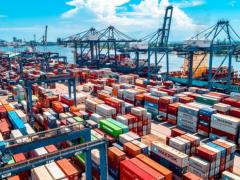Across South Africa, the logistics sector is experiencing a marked shift toward digitalisation and real-time data management, driven by the growing need for comprehensive, instant access to information. “The need for better, complete data access available to many users instantaneously cannot be overstated,” said Christo de Swardt, commercial manager of Forte Supply Chain Solutions. He added that there was also a significant push for last-mile solutions capable of adapting to South Africa’s unique geographical and urban characteristics. Despite these advances, South Africa’s logistics sector continues to face persistent challenges, from infrastructure gaps and complex regulations to an urgent demand for digital transformation. “These hurdles contribute to rising costs and operational inefficiencies. Yet, with strategic technological interventions, there’s a clear path forward to streamline processes, enhance resilience and unlock greater value across the supply chain,” said De Swardt. In response, Forte Supply Chain Solutions has elevated its logistics capabilities through a trio of innovations focused on planning, routing and optimisation. By leveraging AI-driven demand forecasting, real-time routing systems and data-driven optimisation tools, the company is moving from reactive to predictive operations, building resilient, adaptable and efficient supply chains that can navigate South Africa’s complex logistics landscape. “The logistics industry is entering a new era of data- driven solutions and operations – and the biggest opportunities lie in accurate visibility and intelligent integration,” said De Swardt. “Seamless integration allows upstream suppliers and downstream distributors to operate in sync, powered by real- time insights. Visibility isn’t just about seeing — it’s about connecting. When every part of the supply chain is informed and aligned, logistics becomes a strategic advantage, not just a function.” He added that significant strides were being made in automation, digitising manual processes and real-time tracking. “Another real game-changer is how logistics operations manage and empower the human element. Technology and people are intertwined, so the two working in harmony is one of the real secrets to success. The most brilliant system won’t deliver its full potential unless it is properly harnessed, employed, and adopted by the teams on the ground.” With a global focus on improving efficiency across supply chains, the logistics sector is set for significant change, De Swardt told Freight News. “The rise of e-commerce has given greater power to the consumer, challenging the industry to keep pace with increasing demands – a challenge that positions technology as the defining trend of the near future.” LV
Moving from reactive to predictive solutions
Comments | 0












